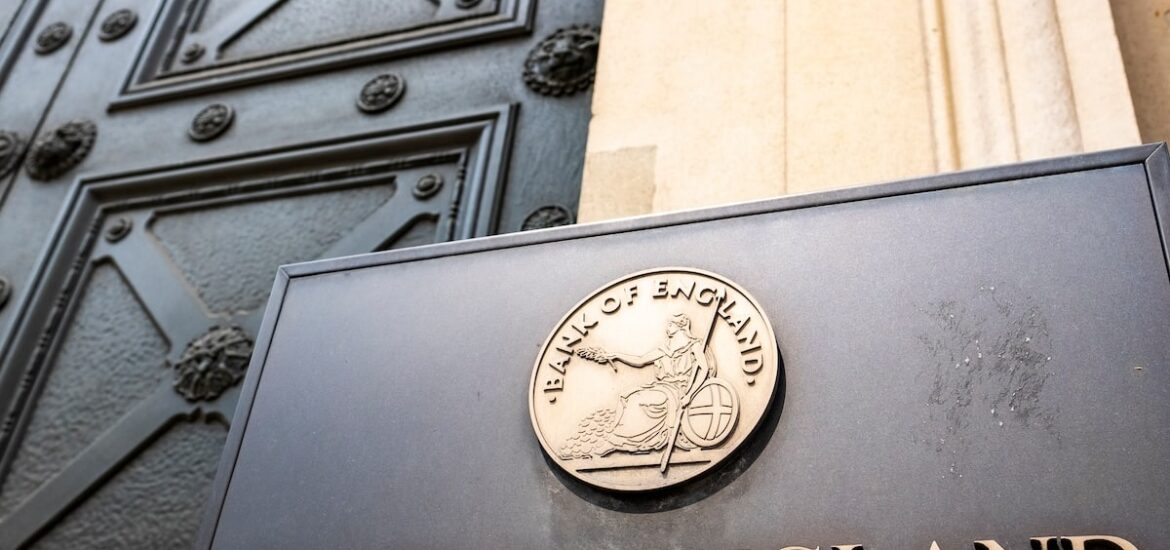In December, the UK witnessed an unexpected surge in inflation to 4.0%, driven by a government-led increase in tobacco duty and a 16% year-on-year rise in tobacco prices, complicating forecasts on the Bank of England’s interest rate cuts. Here’s the full story.
Cost of Living Climbs Again

In yet more bad news for those in the UK who have to buy things in order to survive, an unexpected rise in inflation hit during December, reaching 4.0%, marking the first increase in 10 months.
Mudding the Waters
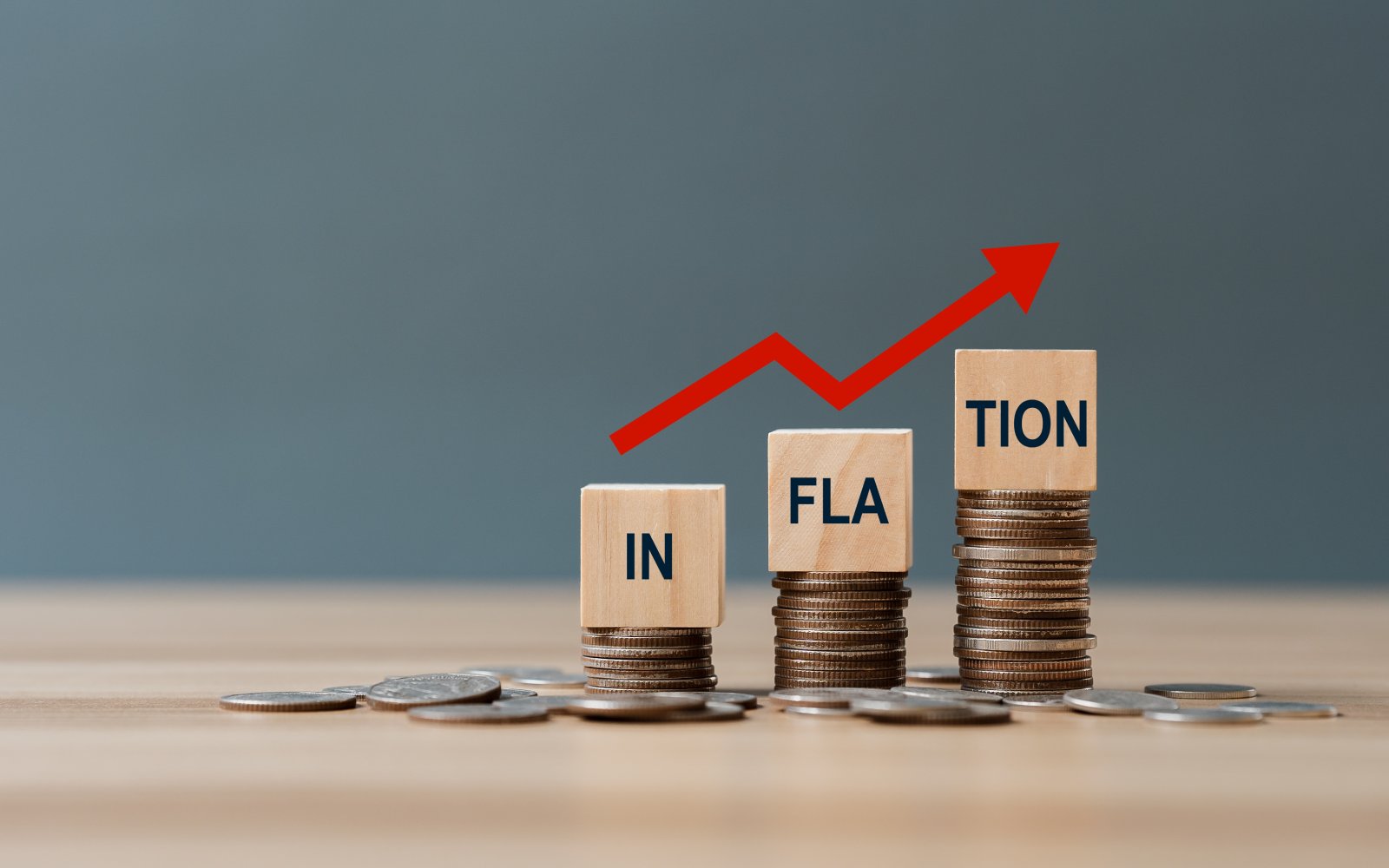
Contrary to economists predictions of a modest decline to 3.8%, the surge in inflation has further muddied the waters regarding the expected interest rate cuts by the Bank of England later this year, as well as raising the cost of everyday goods, never a welcome development in an economy experiencing a cost of living crisis.
Paying More to Enjoy Life

The Office for National Statistics (ONS) attributes the unexpected rise primarily to a government-mandated increase in tobacco duty, increasing the overall cost of every packet of cigarettes or tobacco bought.
Chancellor Jeremy Hunt’s announcement of higher taxes in the autumn statement led to a significant 16% year-on-year increase in tobacco prices.
Household Expenditure Contributes to Inflation

The cost of purchasing alcohol and tobacco, a not insignificant household expenditure during the holiday period, contributed the most to inflation since 2006.
Grant Fitzner, ONS chief economist, explained that the rise in the cost of tobacco “were offset partially by falling food inflation, where prices still rose but at a much lower rate than this time last year.
Meanwhile, the prices of goods leaving factories are little changed over the last few months, while the costs of raw materials remain lower than a year ago.”
Travel Costs Dip

Core inflation, which excludes volatile items like energy, food, alcohol, and tobacco, remained unexpectedly unchanged at 5.1%.
The Bank of England will closely monitor this development as it contemplates potential interest rate decisions. Services inflation saw a slight increase from 6.1% to 6.2%.
Fuel Price Decline

Fuel prices, however, experienced a decline of 10.8% in the year to December, with a marginal increase compared to the 10.6% decline in the previous month.
This change was attributed to a reduction in petrol and diesel prices, giving at least some good news for consumers in an otherwise bleak outlook.
Bank of England’s Dilemma

The unexpected rise in inflation has fueled speculation about the Bank of England’s approach to interest rate cuts.
Increased Borrowing Costs

With financial markets anticipating a rate cut as early as May, these new figures are likely to lead to considerably more uncertainty regarding the timeline for such a move.
The Bank had previously driven up borrowing costs to the highest level since the 2008 financial crisis.
An Unpredictable Road Ahead
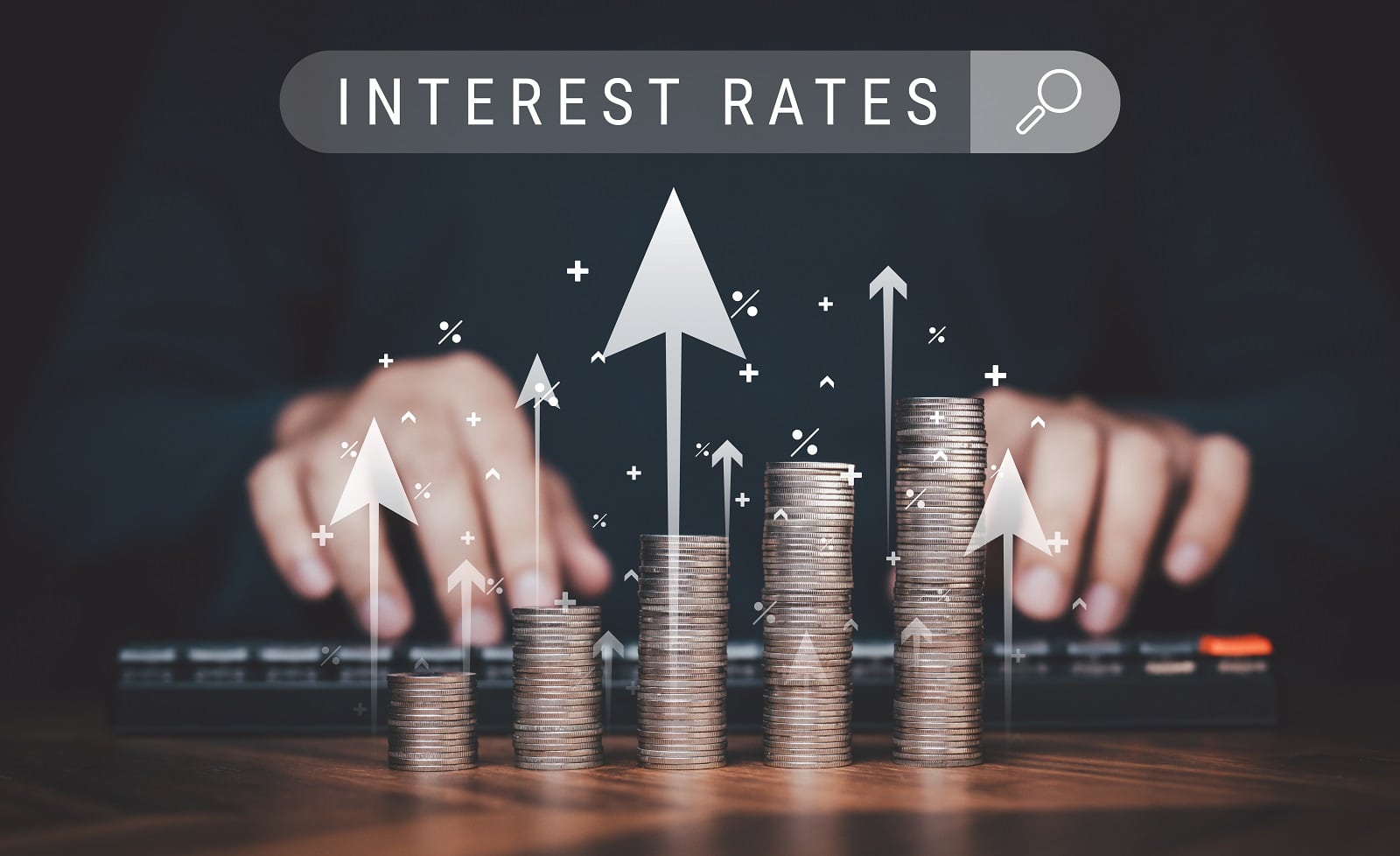
Economists suggest that despite the small increase in the headline rate, inflation may still fall below the Bank’s 2% target by spring.
Remaining Vigilant

Lalitha Try, an economist at the Resolution Foundation thinktank, explained that “this serves as reminder that bumps in the lower inflation road are inevitable, but does not change the big picture that price rises are coming in much lower than the Bank of England expected as recently as November.”
Geopolitical Issues Becoming Local

To add to the already considerable bad news, concerns are emerging regarding the impact of geopolitical tensions and disruptions to shipping in the Red Sea.
Sarah Coles, Head of Personal Finance at Hargreaves Lansdown, said, “There are likely to be more knocks on the way, with conflict in the Red Sea raising the risk of supply shortages, which could feed into higher prices.”
Impact on Energy Prices
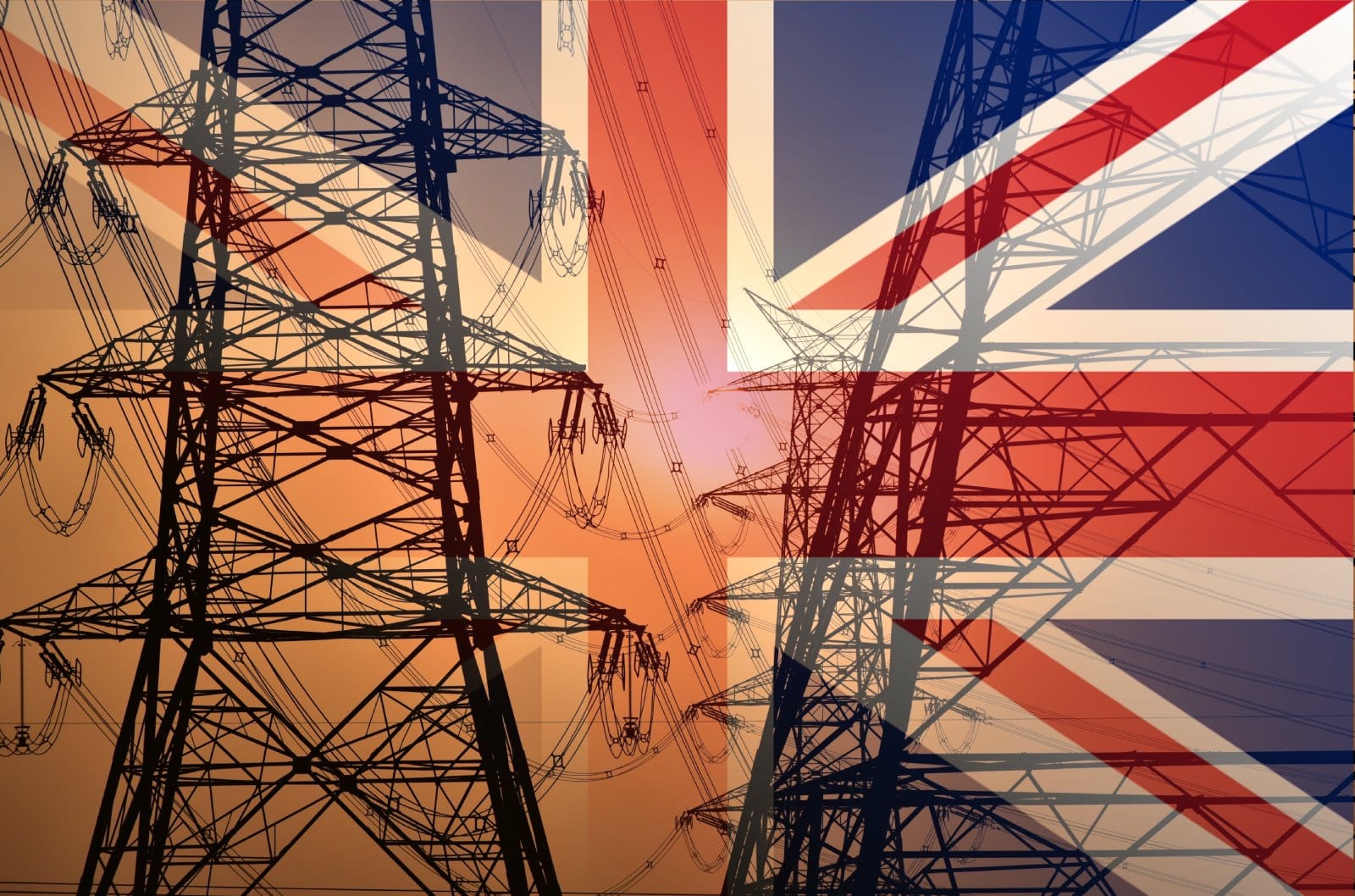
The recent 5% rise in the Ofgem energy price cap in Great Britain is expected to influence January’s inflation figures, with potential implications for the headline rate.
Rishi Sunak’s Rare Win
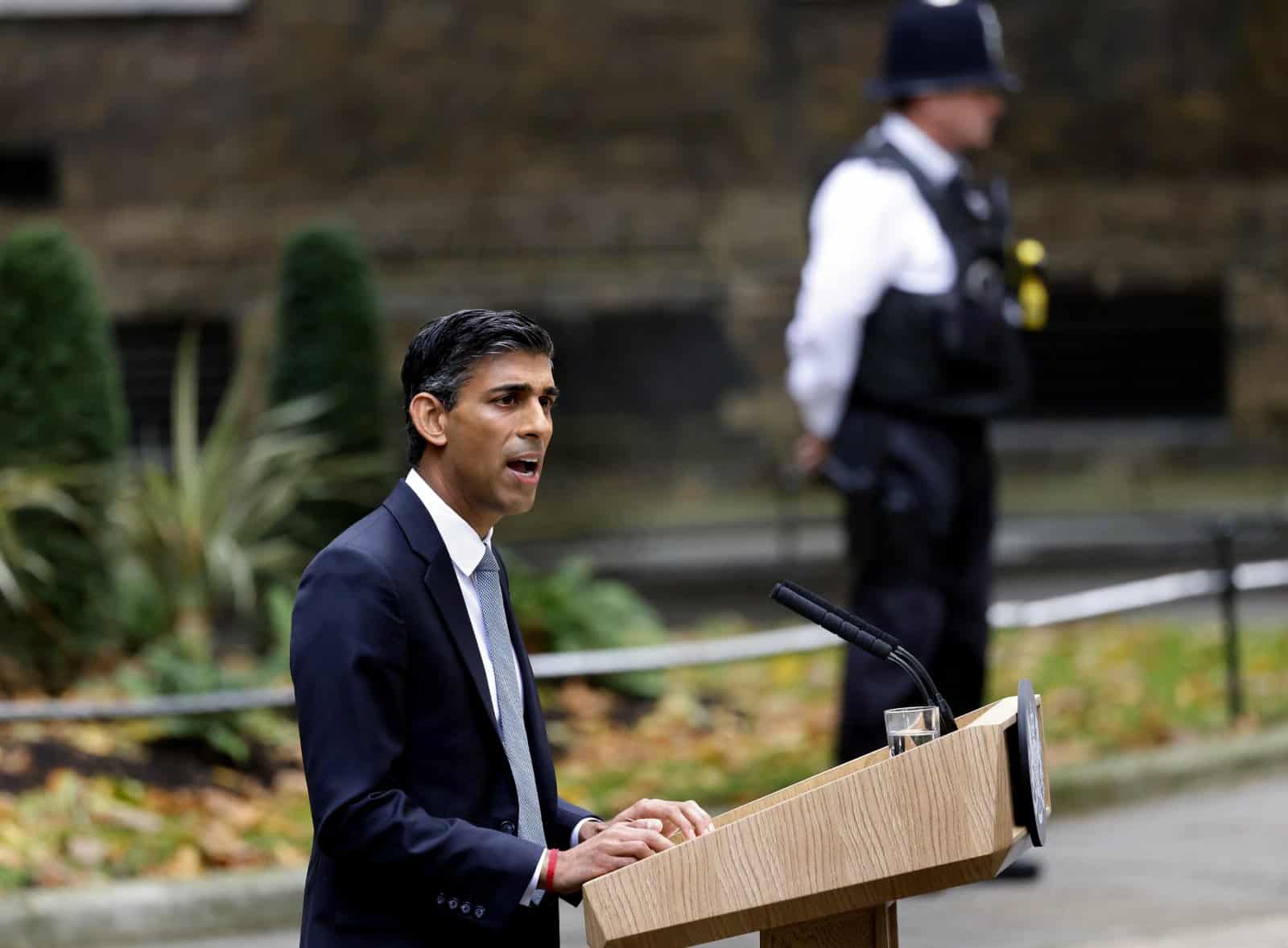
Despite the challenges posed by the unexpected surge in inflation, Prime Minister Rishi Sunak can declare victory on his top economic priority for 2023.
Having promised to halve the rate by the end of the year when it stood above 10%, the inflation rate in December reaching 4% reflects a significant achievement.
Resilient Inflation

However, economists caution that inflation has proven more persistent than initially anticipated, and the newest inflationary figures will be of little comfort to households whose budgets are being squeezed from all sides.
Political Point Scoring
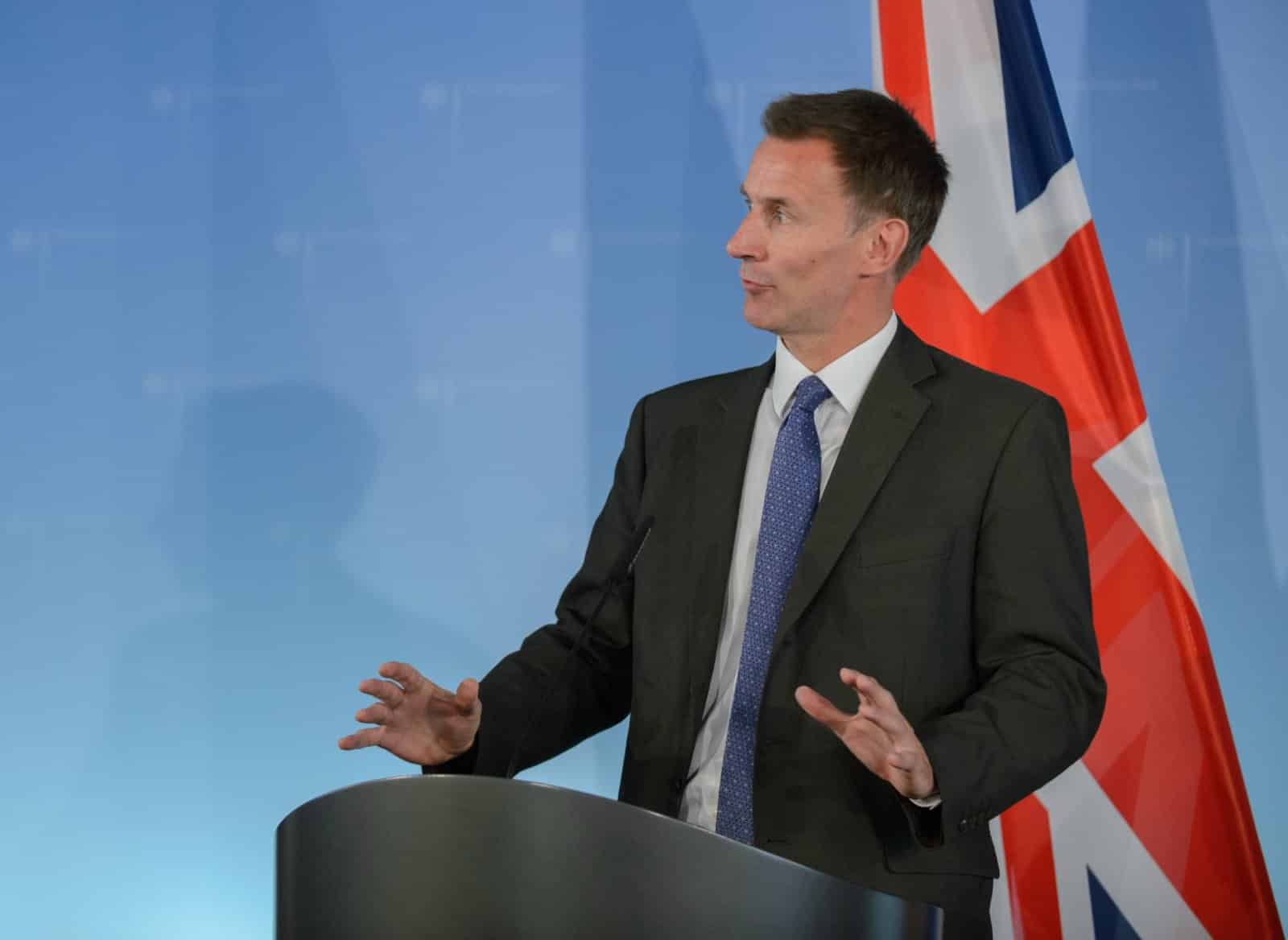
Chancellor Jeremy Hunt stated, “As we have seen in the U.S., France, and Germany, inflation does not fall in a straight line, but our plan is working, and we should stick to it.
Meanwhile, Labour’s shadow chancellor, Rachel Reeves, said, “Any rise in inflation is bad news for families who are worse off after 14 years of economic failure.”
The Government’s Failure
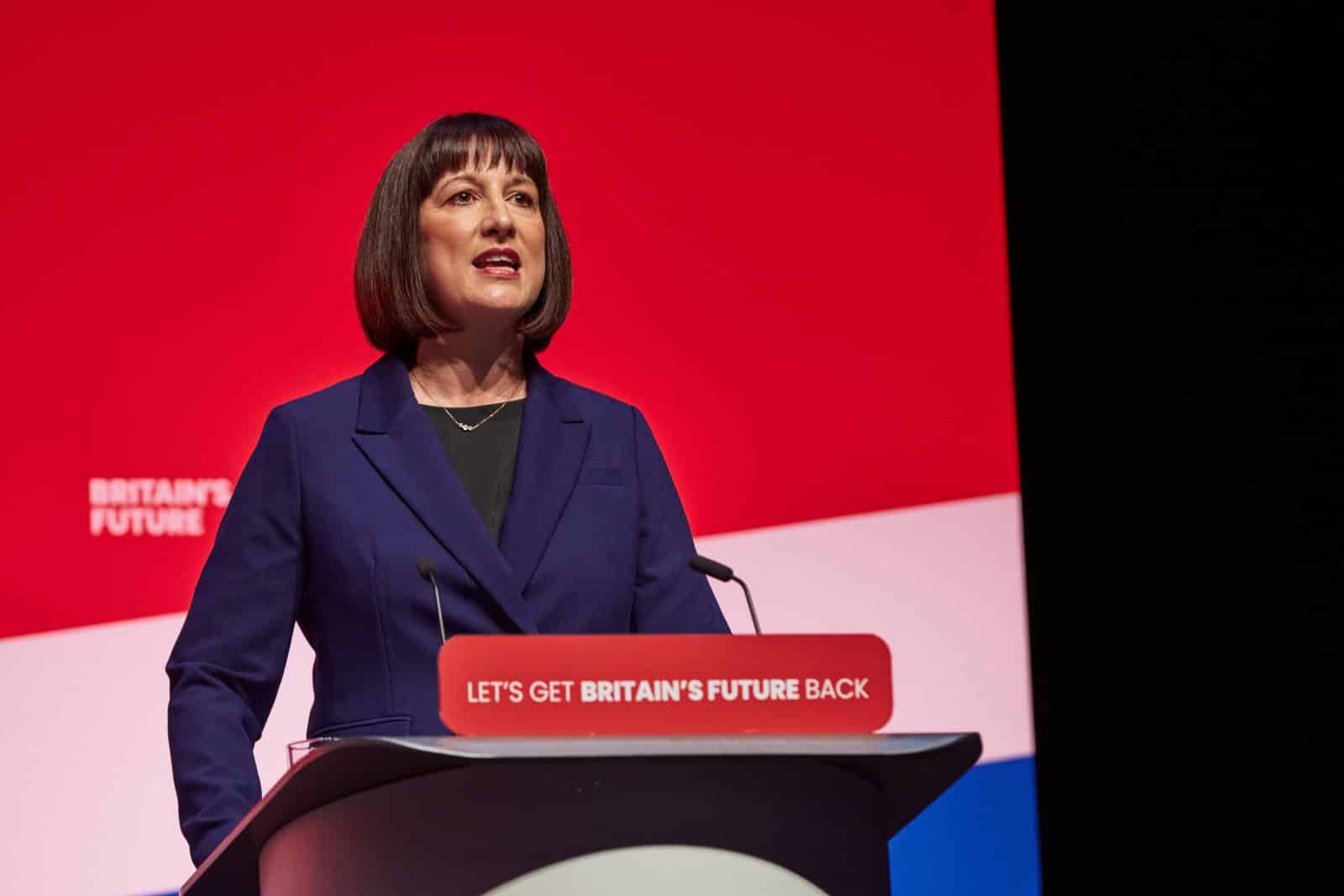
Reeves also highlighted the rising cost of living and criticized the failure of the government’s economic policies.
Inflation Globally
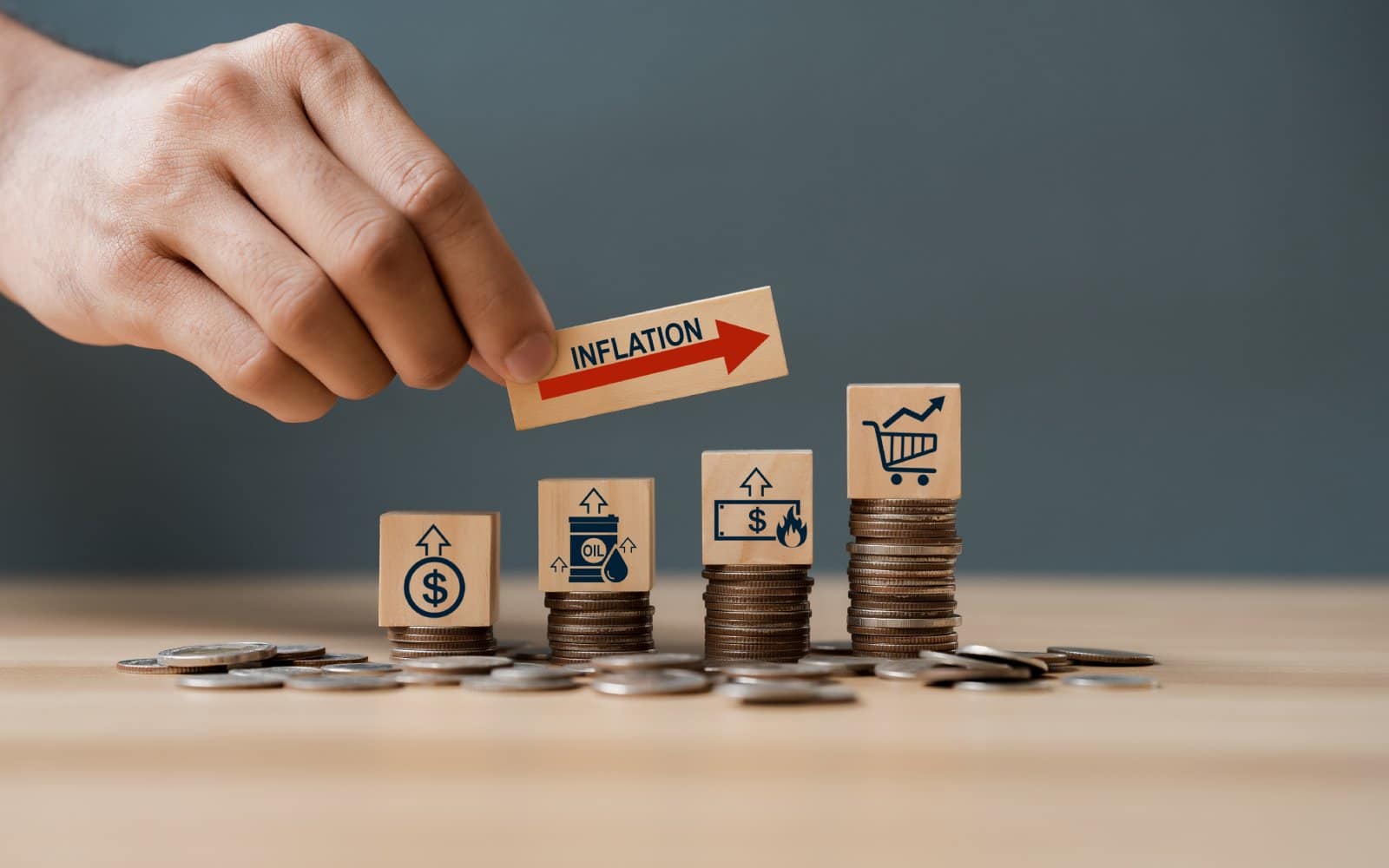
As the UK grapples with its unexpected inflation surge, many have been quick to draw global parallels. Eurozone inflation rose to 2.9% in December, and the U.S. experienced an increase to 3.4%.
However, the UK’s inflation rate is still significantly higher than those of similar countries.
Uncertain Forecasts

The unexpected rise in UK inflation adds a layer of uncertainty to economic forecasts, raising questions about the possibility of potential interest rate cuts.
The Bank of England is yet to announce any, but some interest rate cuts are expected later this year. Whether this has any impact on the UK’s stubbornly high inflation remains to be seen.
More From Frugal to Free…
U.S. Budget Breakthrough: A Huge Step Forward Amidst Looming Shutdown Threat
Will Easing Inflation in America Continue?
The post Global Inflation Surges: Bank of England’s Challenge in a Worldwide Economic Trend first appeared on From Frugal to Free.
Featured Image Credit: Shutterstock / William Barton.
The content of this article is for informational purposes only and does not constitute or replace professional financial advice.
